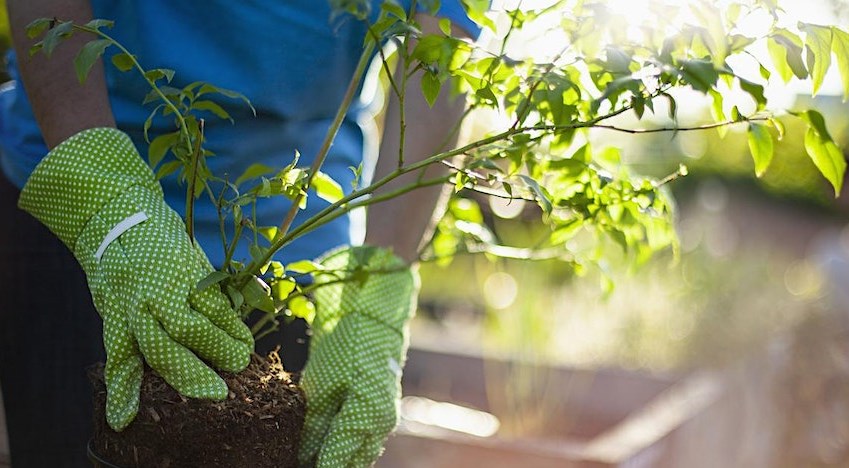In hopes of creating a big impact, Guelph residents are being encouraged to take part in the national mini forest pilot project.
The effort will see the creation of the city's first forest of this kind, using the 'Japanese Miyawaki tree planting method' where native trees and shrubs are planted tightly together in an urban or suburban site.
It was a method invented by Japanese botanist Akira Miyawaki.
Higher density and greater species diversity can result in taller plants in a shorter period than standard techniques.
Where traditional urban tree planting might space trees 10 metres apart, this technique plants a minimum of three trees per square metre. Trees and shrubs planted at these sites compete for sunlight, so they grow more quickly.
“Miyawaki forests have been planted worldwide, but it’s a newer approach here in Canada,” said Jay Cranstone, natural areas stewardship technologist in forestry and sustainable landscapes and parks at the City of Guelph.
“We are really excited and there’s been great interest so far. This might even inspire some people to grow a mini forest themselves, in their yard or in the community."
Cranstone has been involved with project planning from the start in finding a suitable location and in the preparation required to help the mini forest thrive in the city.
On Sept. 23, from 9 a.m. until 12:30 p.m., city officials will host a special community tree planting event at York Road Park.
The 500 square-metre site will see the installation of 500 canopy trees, as well as a variety of shrubs and wildflowers to help help build local biodiversity and climate resilience.
“There are many benefits to this innovative technique that will help grow our urban canopy cover in Guelph,” Cranstone said.
“Mini forests can help improve air quality mitigate stormwater runoff, reduce urban heat island effects, and provide nesting and food sources for local wildlife.”
According to the city, they can also provide social benefits such as improved mental and physical health and deepened connections to nature.
Native mini forests are ‘small but mighty’ contributions to the fight against habitat loss and climate change.
“It’s a small area. This method is about planting things closer together, not so spaced out,” Cranstone said.
“We will then monitor the area for a number of years, see what plants work best, and which ones don’t. We can then apply what we learn to other future tree planting projects in the city.”
Guelph is one of five pilot communities in Canada taking part in this year’s National Mini Forest pilot project.
This project will be incorporated into the City of Guelph's ongoing naturalization program. Working in collaboration with community partners, the city plants close to 20,000 native trees and shrubs annually in parks, public spaces and natural areas.
The community tree planting event is part of the National Mini Forest Pilot project, an initiative of the Network of Nature led by Green Communities Canada. The National Mini Forest Pilot contributes to Canada’s goal to plant two billion trees by 2030.
Anyone interested in joining the tree planting event can register online until Sept. 22 at guelphminiforest.eventbrite.ca.
Participants can park at the York Road Park gravel parking lot, follow the driveway entrance beside St. Mary’s Ukrainian Church at 115 York Road, and walk to planting site location which is near the park entrance off the end of Hooper St.
The city says the event is open to people of all ages. No prior experience is necessary, just an enthusiasm and willingness to get their hands dirty. Plants, trees, tools and guidance will be provided.



